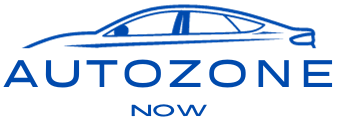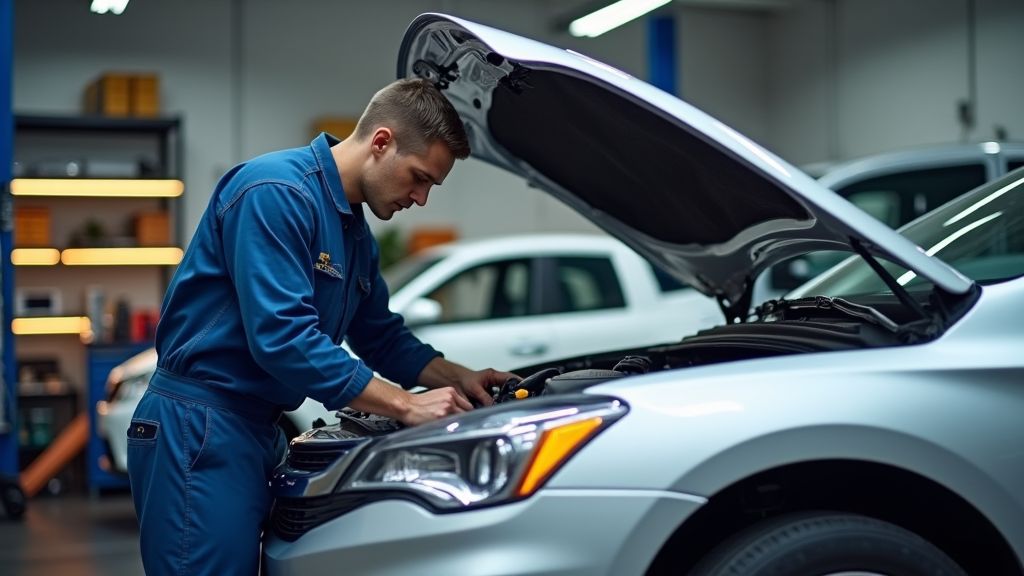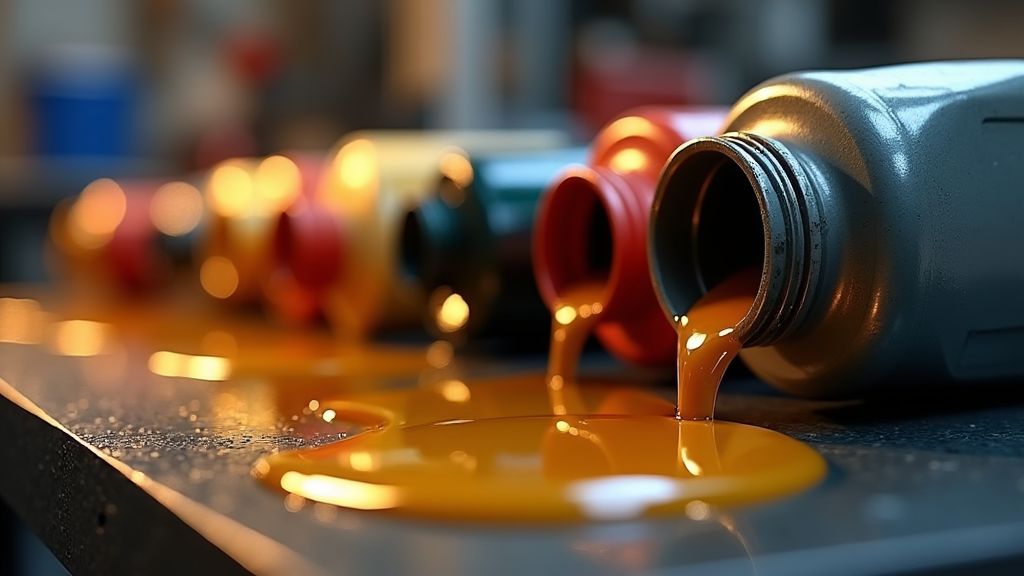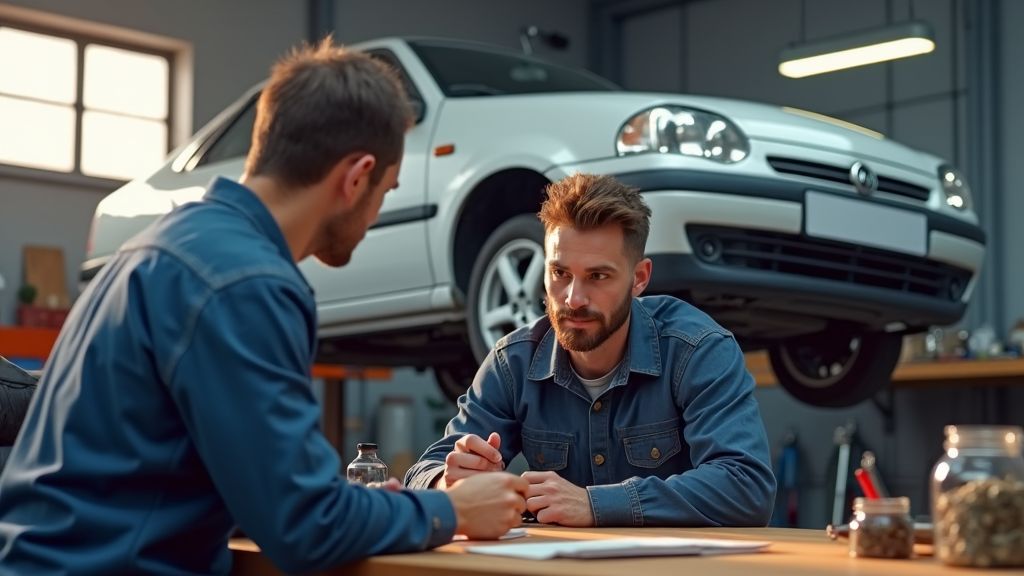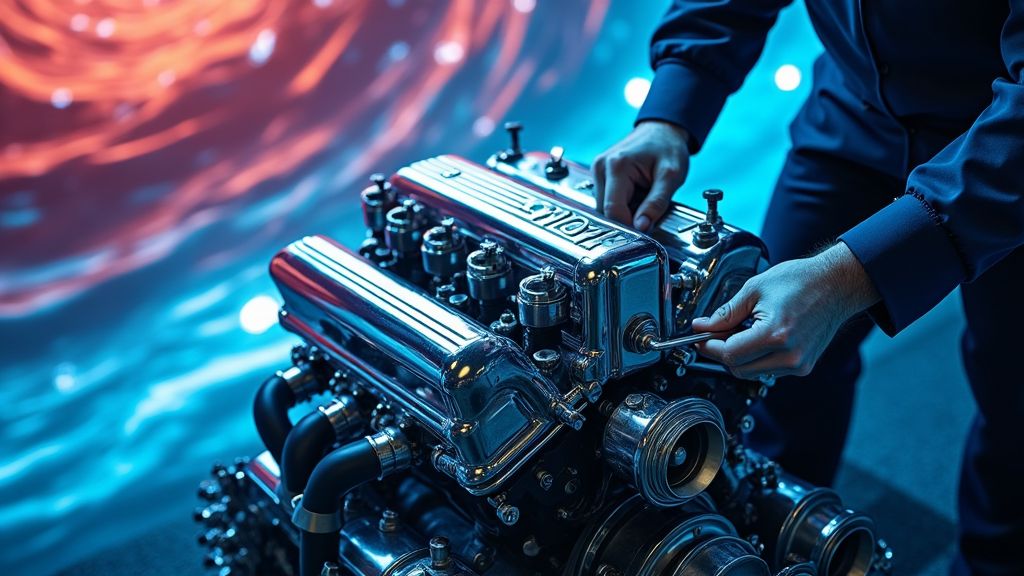Maximizing Fuel Efficiency Through Regular Maintenance
Have you ever found yourself at the gas station again, filling up your tank and wondering why you seem to be visiting more frequently than before? The answer might not be how you drive, but rather how well you maintain your vehicle. Maximizing fuel efficiency through regular maintenance is not only good for your wallet but also for the environment. By following a few simple steps and staying on top of your vehicle’s upkeep, you can ensure that you are getting the most mileage out of every gallon of fuel.
Understanding the Importance of Regular Maintenance
Regular maintenance is crucial when it comes to maximizing fuel efficiency in your vehicle. Simple tasks such as changing the oil, replacing air filters, checking tire pressure, and ensuring proper wheel alignment can all contribute to better gas mileage. According to the U.S. Department of Energy, keeping your car well maintained can improve fuel efficiency by up to 4%. This may not seem like much, but over time, those savings can really add up.
The Impact of Neglecting Maintenance
Neglecting regular maintenance can have a significant impact on your vehicle’s fuel efficiency. Dirty air filters, underinflated tires, and worn spark plugs can all reduce gas mileage and increase emissions. In fact, the Car Care Council estimates that 10% of vehicles on the road have a check engine light on due to a variety of maintenance issues. Ignoring these warning signs can lead to even more serious problems down the road.
Routine Maintenance Checklist
To ensure optimal fuel efficiency, it’s important to follow a routine maintenance checklist. This includes regular oil changes, checking and replacing air filters, monitoring tire pressure and tread wear, inspecting spark plugs, and ensuring proper wheel alignment. By staying on top of these tasks, you can help your vehicle run more efficiently and extend its lifespan.
Choosing the Right Motor Oil
The type of motor oil you use in your vehicle can have a significant impact on fuel efficiency. Many manufacturers recommend using synthetic oils, as they are specifically designed to reduce friction and can improve your vehicle’s gas mileage. Additionally, using the correct oil viscosity, as specified in your car’s owner manual, ensures the engine operates smoothly and can further boost fuel economy.
The Role of Tire Maintenance in Fuel Efficiency
Tire maintenance plays a critical role in achieving optimal fuel efficiency. Underinflated tires create more rolling resistance, forcing your engine to work harder and, as a result, consume more fuel. Make it a habit to check tire pressure at least once a month and before long trips, as recommended by the National Highway Traffic Safety Administration. Properly inflated tires not only improve fuel efficiency but also enhance overall safety and handling.
Avoiding Excessive Idling
Excessive idling can waste a surprising amount of fuel. Modern engines are designed to use less fuel when restarting than when left idling for extended periods. If you’re going to be stopped for more than a minute, it’s often more fuel-efficient to turn off the engine. Idling wastes fuel and adds unnecessary wear on engine components, which can reduce overall efficiency in the long run.
Lightening the Load
Reducing the weight your car carries can also improve fuel efficiency. Extra weight makes the engine work harder, which, in turn, increases fuel consumption. Remove any unnecessary items from the trunk and backseat, and consider only carrying essential tools and equipment. According to the U.S. Department of Energy, every 100 pounds of additional weight can reduce fuel efficiency by about 1%, so keeping your car as light as possible can help save on fuel costs.
Planning Your Trips
Consolidating trips and planning routes can help you use less fuel and increase efficiency. By combining errands into one trip, you can avoid unnecessary starts and stops, which consume more fuel. Additionally, using GPS navigation to find the most direct and efficient route can help reduce travel time and save gas. When possible, try to avoid high-traffic times to minimize idling in congestion, which can lead to further fuel wastage.
